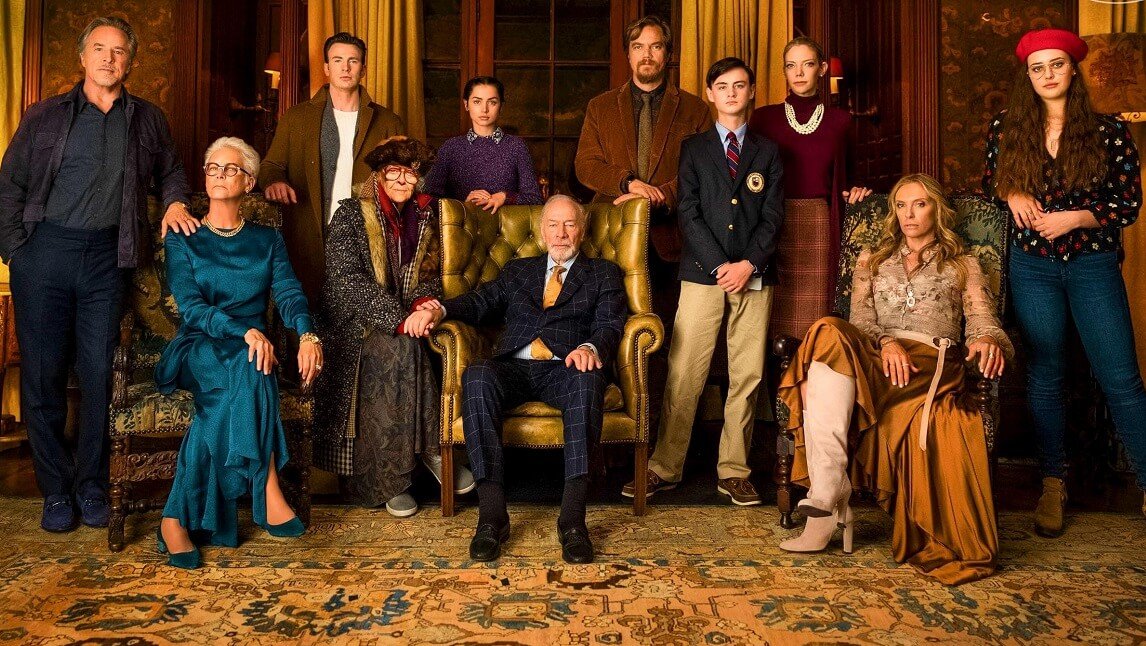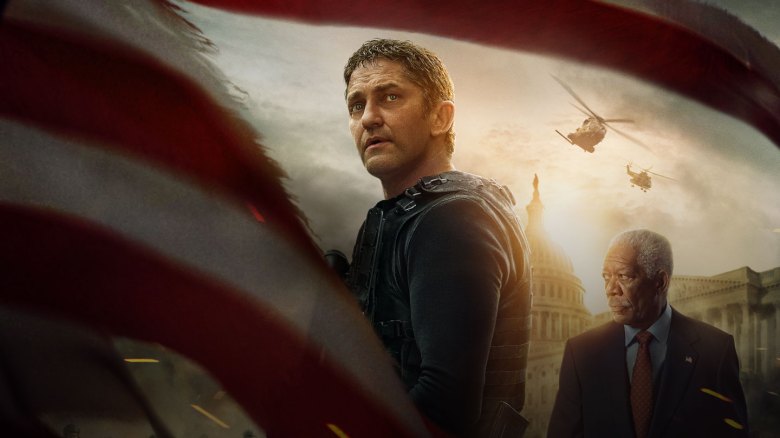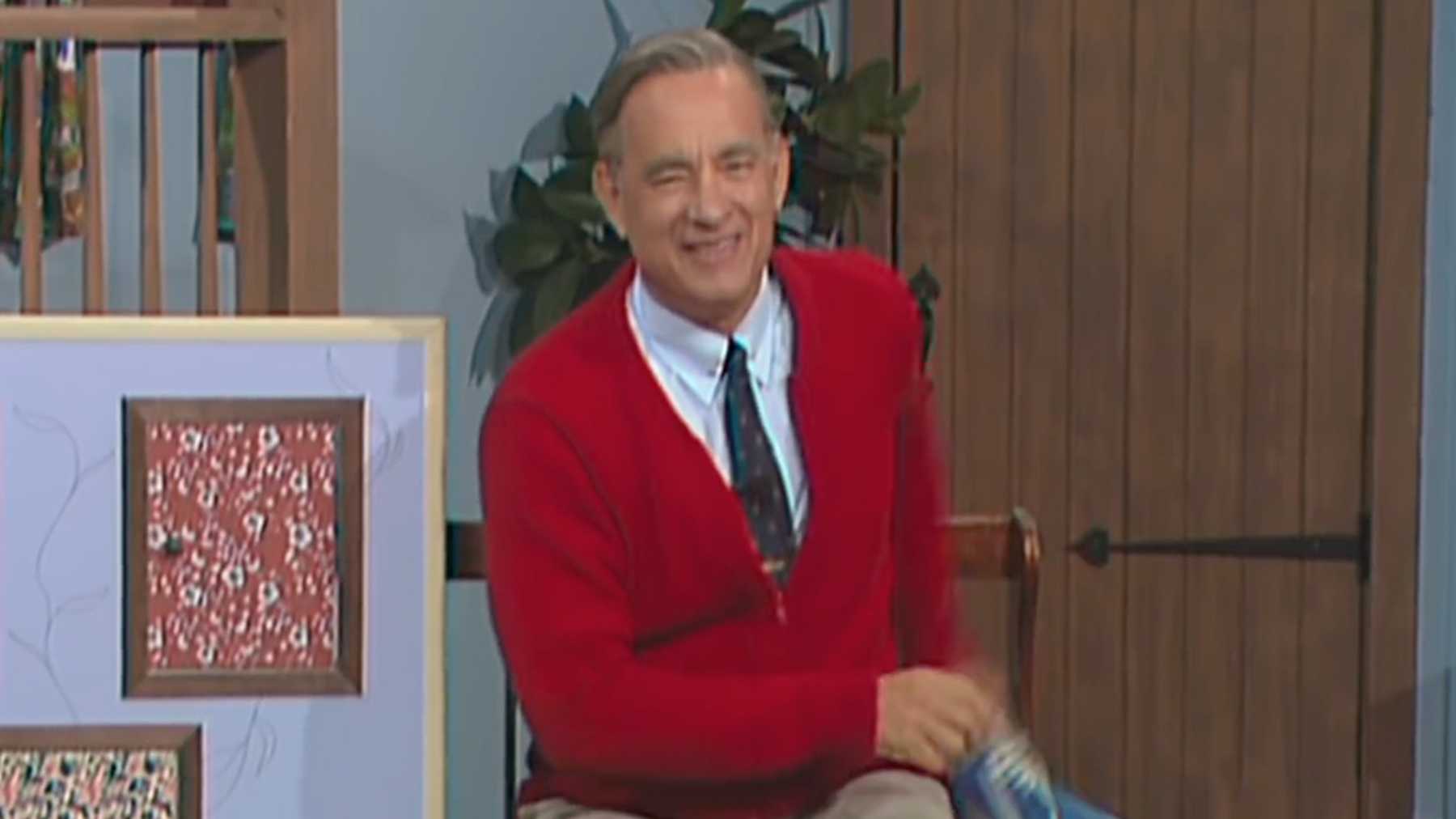by Hope Madden
“Every girl in the world was taught not to trust her gut. Every girl in the world knew she was the fool in the play.”
Samantha Kolesnik’s insightful first novel, True Crime, hypnotizes as it repels. Like a string of memories playing across the narrator’s mind during a long and loose car ride, the novella delivers a Southern gothic tale that calls to mind Flannery O’Connor or Shirley Jackson. The grim poetry of Kolesnik’s writing style, however, is uniquely hers.
As Suzy meanders through some of the more eventful times in her young life, you realize this is a narrator with the potential to be unreliable if she valued anyone’s opinion enough to lie. But that doesn’t seem to be the case. Her story is mainly being articulated for her own benefit, a way to measure her culpability, evaluate her options, reflect on root causes and wrestle with the monster within.
True Crime is hardly an exercise in existential angst, though, and that’s mainly because Suzy is such an enigmatic and yet utterly straightforward character. Kolesnik’s prose is empathetic but not forgiving, which creates a fascinating atmosphere.
The approach of depicting events as memories allows Kolesnik the poetic license to focus just on the moments Suzy finds most compelling—the truth behind the details, the cause and effect, the timeline and technical details are rendered irrelevant. In their place Kolesnik offers a dead eyed but dreamlike depiction of the ugliest side of life.
What sets the piece apart from others of the same subgenre is the insight Kolesnik offers through the eyes of this young woman. She is both victim and beast in degrees that frustrate and inform, her narrative containing moments of genuine clarity concerning victimhood and the female form that rarely emerge in horror fiction.
Kolesnik’s style, her ability to create something that’s simultaneously aimless and meticulous, entrances as it delivers a quick, effective punch. In its own way an indictment of true crime culture that has overtaken the nation, the writing feels quietly but deeply fascinated by the compulsion to wade into a grisly reality.
Like the contents of the magazines Suzy so loves, Kolesnik’s tale contains a horrible beauty you can’t seem to look away from.
True Crime is available January 15, 2020 from Grindhouse Press.
You can also preorder on Amazon.















